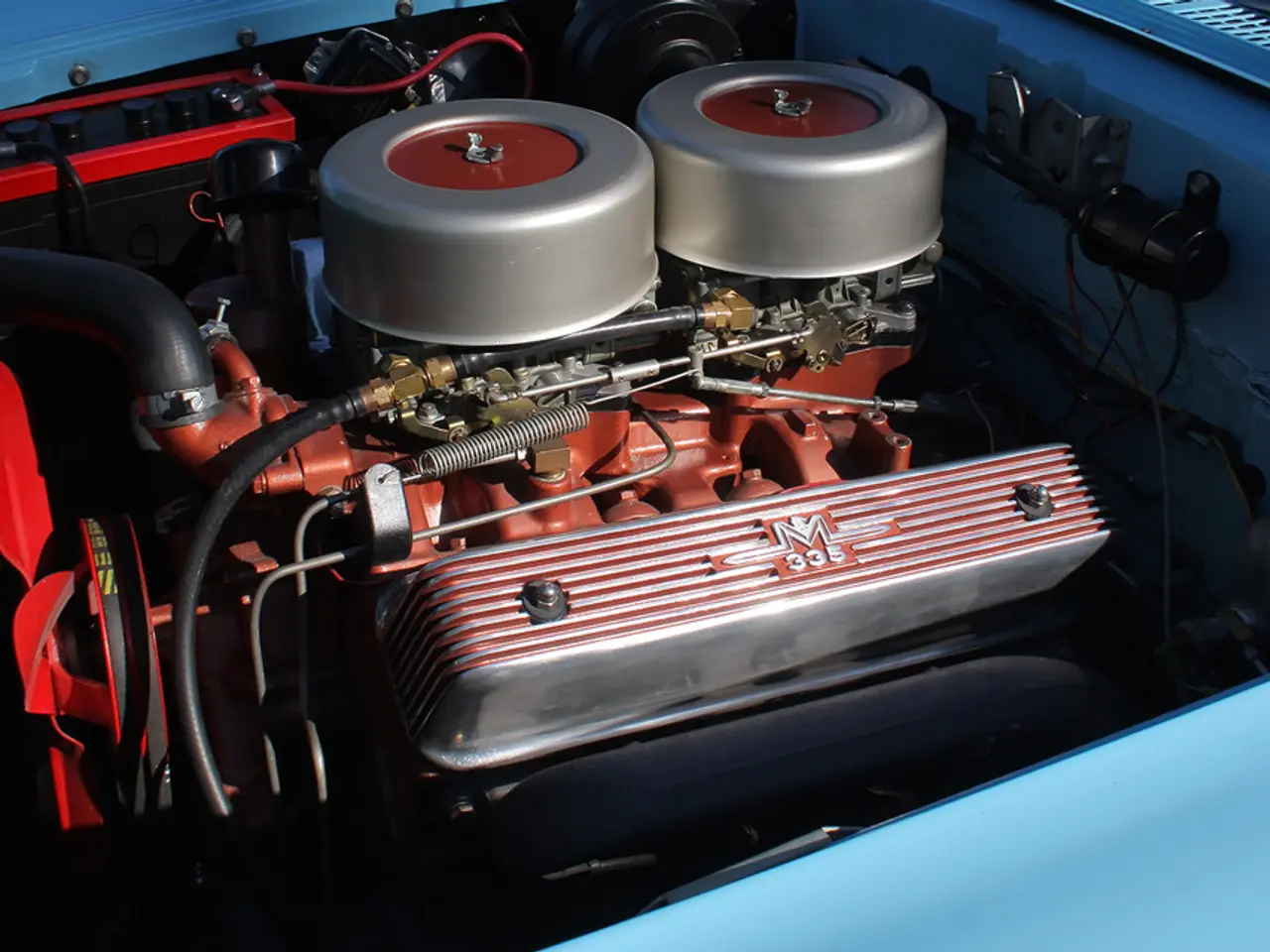Revolutionizing Manufacturing Processes: AI-Driven Quality Assurance, from Blueprint to Regulatory Compliance
In the rapidly evolving world of manufacturing, Artificial Intelligence (AI) is playing an increasingly significant role. This transformative technology is not just improving existing processes, but is redefining them to be more proactive, efficient, and cost-effective.
One of the key areas where AI is making a significant impact is in prevention-focused product inspection. AI-powered visual inspection systems, equipped with cameras and machine learning, are detecting defects and imperfections that human inspectors might overlook. This early defect detection leads to cost reduction and strengthens brand trust, as it reduces waste and rework.
AI is also revolutionizing predictive maintenance. By monitoring equipment through sensors collecting data such as vibration and temperature, AI can predict when a machine is likely to fail. This proactive approach significantly reduces unexpected breakdowns, downtime by up to 70%, and costly emergency repairs, thereby maximizing equipment reliability and Return on Investment (ROI).
Compliance automation is another area where AI is making a significant impact. AI helps manufacturers monitor compliance in real-time by analyzing shift reports, equipment logs, and incident data to flag risks such as overdue maintenance or safety hazards. Automating these compliance checks improves risk control and operational safety.
AI is also enhancing workflow optimization by automating repetitive tasks, optimizing production scheduling, and enabling real-time data-driven decision-making with insights drawn from vast sensor and operational data. This leads to faster production cycles, increased throughput, reduced delays, and lower operational costs.
AI systems are transitioning from traditional defect detection to prevention-focused systems using vision AI and large language models. AI tools are being used to optimize workflows by analyzing regulatory documents and unstructured data. They can also automate compliance processes by analyzing regulatory documents and unstructured data.
Real-world examples show that manual compliance processes that once took six to 12 months are now being completed in near real-time with AI. AI-enabled product inspection is faster and more precise than what is humanly possible, with predictive maintenance and reliability improvements realized through AI analysis.
AI tools can prevent product breakdowns by analyzing historical failure data, usage conditions, and sensor feedback. AI can simulate long-term product performance in virtual environments for reliability improvements. This proactive approach to maintenance and product performance ensures a higher level of product quality and equipment uptime.
In summary, AI in manufacturing is transforming traditional processes to more proactive, efficient, and cost-effective operations. It enhances product quality, equipment uptime, safety, compliance, and overall productivity. The benefits of AI in manufacturing are vast and varied, from improved safety by reducing human involvement in hazardous tasks, enabling "dark factories" that run fully automated without human labor, to better supply chain and inventory planning through AI-driven analytics. The future of manufacturing is undoubtedly AI-driven, promising a more efficient, reliable, and productive industry.
- Artificial Intelligence (AI) is significantly impacting predictive maintenance in the manufacturing industry, reducing unexpected breakdowns and costly emergency repairs by predicting equipment failures based on data collected from sensors such as vibration and temperature.
- In addition to improving product inspection and maintenance, AI is also making strides in compliance automation, helping manufacturers monitor regulatory standards in real-time and flag potential risks, thereby improving risk control and operational safety.
- Furthermore, AI is enhancing the finance sector of the manufacturing industry by optimizing workflows, automating repetitive tasks, and providing real-time data-driven decision-making, which leads to increased efficiency, reduced costs, and improved Return on Investment (ROI).




